Imagine this: You’re a 35-year-old professional, let’s call him Ramesh. You’ve got a stable job, a loving family, and by all accounts, you're doing well in life. Yet, there’s a nagging feeling that something’s missing. Despite your success, you feel like you’re not living up to your potential. Every time you look around, there’s always someone doing better—earning more, achieving more, or living a life you secretly wish was yours. Sound familiar? This is the silent struggle of constantly chasing an ideal self while feeling stuck in the present. But what if I told you that accepting who you are today is just as important as striving to be better?
This tension between who we are and who we think we should be can cause stress, anxiety, and even burnout. But finding peace in the middle of this journey is possible. Today, we’ll explore how the concept of self shapes our thoughts and actions, and how embracing Self-acceptance help us grow without losing ourselves in the process.
The Self: Who We Are vs. Who We Want to Be
The concept of self is like a puzzle with different pieces that form a picture of who we are. Psychologists often talk about the self in three parts:
- Self-image: How we see ourselves right now.
- Ideal self: The person we dream of becoming.
- Self-esteem: How much we value or like ourselves.
Let’s go back to Ramesh. In his mind, his self-image is that of a regular, hardworking employee. His ideal self, however, is much more—an innovative leader, maybe even a successful entrepreneur. The gap between his self-image and ideal self creates frustration. He wants to be that ideal version but feels far from it.
This struggle isn’t unique to Ramesh. Many of us battle with this gap between who we are and who we want to be. And it’s not just about career aspirations. It could be related to our appearance, relationships, or personal growth. When we constantly focus on this gap, it’s easy to lose sight of the progress we’ve made and start to feel like we’re never enough.
Why We Keep Comparing Ourselves to Others
Another key factor in this journey is social comparison. We’re constantly comparing ourselves to others—whether it’s the friend who got promoted, the neighbor with the fancy car, or the influencer on social media living a picture-perfect life. This habit of comparison often makes us feel inadequate, fueling the need to strive harder to catch up.
But here’s the thing: comparing yourself to others is a never-ending cycle. There will always be someone who appears to be doing better. And when we tie our self-worth to these comparisons, we lose the ability to appreciate what we already have. The result? We end up feeling more stressed, anxious, and dissatisfied with life.
What if, instead of constantly measuring ourselves against others, we focused on our own journey? After all, everyone’s path is different, and what works for one person may not be what’s best for you.
The Trap of “Should Be” Thinking
Now, let’s add another layer to this discussion: the ought self. This is the version of ourselves we believe we should be, based on society’s expectations, cultural norms, and family pressures. For Ramesh, being in his mid-thirties, he feels like he should have achieved more by now. He should be a leader at work, he should have more savings, and he should be making a name for himself in his industry.
These “shoulds” create a lot of pressure. When there’s a gap between our current self and the person we feel we ought to be, it leads to guilt, anxiety, and frustration. This kind of thinking can trap us in a cycle of self-doubt and discontent. The truth is, societal and cultural expectations don’t always align with our individual goals and values. So why let them dictate our self-worth?
Learning to Accept Yourself: The Power of Mindfulness
Here’s where things get interesting. While it’s natural to want to improve and grow, the key to a balanced life lies in self-acceptance. Self-acceptance means being okay with who you are right now, without the constant need to measure up to some ideal or external expectation.
One powerful tool that helps in achieving self-acceptance is mindfulness. Mindfulness is all about being present in the moment and accepting your thoughts and feelings without judgment. It helps you step back from the constant inner dialogue of “I’m not good enough” or “I need to be better” and instead encourages you to simply be.
Think of it like this: instead of always chasing after the future version of yourself, mindfulness teaches you to appreciate where you are on the journey. For Ramesh, practicing mindfulness could help him realize that while he hasn’t yet reached his ideal, he’s making progress. It’s about finding value in the process rather than fixating on the outcome.
But Doesn’t Self-Acceptance Mean Settling?
This is a question many people ask. “If I accept myself as I am, doesn’t that mean I’m giving up on growth?” The answer is no. Self-acceptance doesn’t mean you stop striving for better. It simply means you stop beating yourself up along the way.
When you accept yourself, you can set realistic goals based on where you are right now. This makes the journey toward growth more sustainable and less stressful. You’re no longer trying to rush to the finish line because you’ve made peace with the fact that growth takes time.
Ramesh, for example, can still work toward his career goals, but instead of being frustrated that he’s not there yet, he can take pride in the steps he’s taking to get there. He can celebrate small victories along the way, knowing that progress—no matter how slow—is still progress.
Shifting from Criticism to Compassion
One of the most important shifts you can make on the journey to self-acceptance is moving from self-criticism to self-compassion. We’re often our own harshest critics. But what if we treated ourselves with the same kindness and understanding that we offer to our friends?
Self-compassion is about recognizing that everyone makes mistakes, falls short, and has moments of doubt. It’s part of being human. Instead of beating yourself up for not being perfect, self-compassion encourages you to be kind to yourself and to acknowledge that you’re doing the best you can.
Ramesh might feel frustrated that he’s not achieving his goals as quickly as he’d like. But if he practiced self-compassion, he could remind himself that he’s balancing a full-time job, family responsibilities, and personal aspirations—all of which take time and energy. Instead of criticizing himself for not being further along, he could appreciate the effort he’s putting in.
How to Balance Self-Acceptance and Ambition
So, how do you balance self-acceptance with the drive to improve? Here are a few practical tips:
- Practice Gratitude: Every day, take a moment to appreciate what you have and what you’ve already accomplished. This simple act shifts your focus from what’s lacking to what’s present.
- Set Realistic Goals: Break down big goals into smaller, achievable steps. Celebrate each milestone along the way, even if it feels small.
- Focus on Your Own Journey: Stop comparing yourself to others. Your path is yours alone, and it doesn’t have to look like anyone else’s.
- Embrace Imperfection: Perfection isn’t the goal—progress is. Understand that mistakes and setbacks are part of the process, and they don’t define your worth.
- Mindfulness: Engage in mindfulness practices, such as meditation or mindful breathing, to help you stay grounded in the present and reduce the urge to judge yourself harshly.
Final Thoughts: The Beauty of Becoming
At the end of the day, we’re all works in progress. There’s no finish line when it comes to personal growth, and that’s okay. The beauty of life is that we get to keep evolving, learning, and becoming. But in the midst of all this becoming, it’s important not to lose sight of who we are right now.
Ramesh’s story is a reminder that while it’s great to have big dreams and goals, it’s equally important to find contentment in the present. Self-acceptance and self-improvement aren’t mutually exclusive. In fact, they complement each other beautifully. By accepting yourself as you are, you free up the mental and emotional energy to pursue your goals from a place of peace rather than pressure.
So, as you move forward in your own journey, remember to pause, breathe, and appreciate the person you are today. Because you’re already enough—right here, right now.
TAGS: Who We Are, picture-perfect life, self-doubt and discontent, less stressful, Who We Want to Be, Self-image, Ideal self, Self-esteem, social comparison, Accept Yourself, self-acceptance, Mindfulness
Disclaimer: All characters and events depicted in this blog are entirely fictional. Any resemblance to actual persons, living or dead, is purely coincidental. The content is intended for informational purposes only and should not be considered as medical advice. Always consult a qualified healthcare professional for medical concerns.
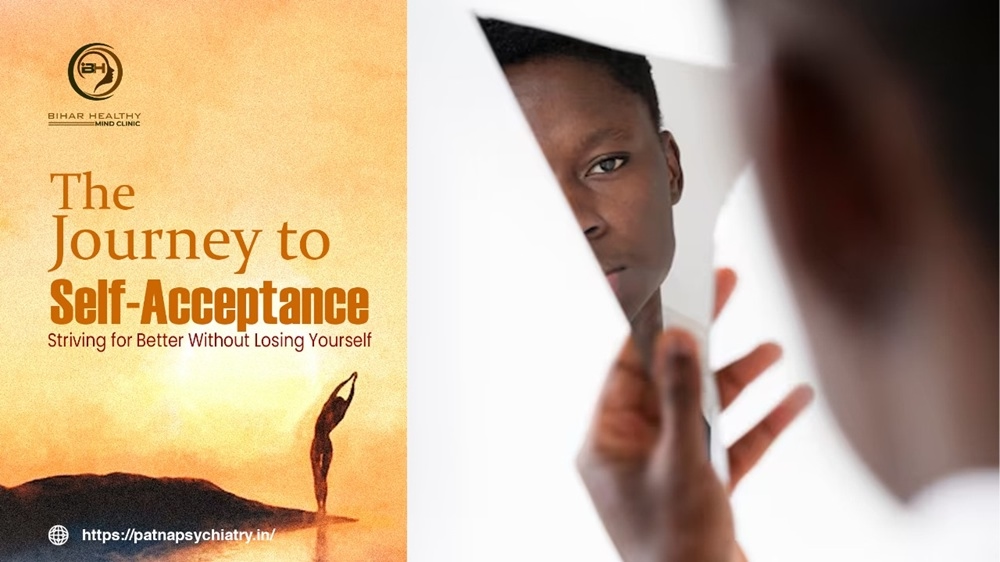

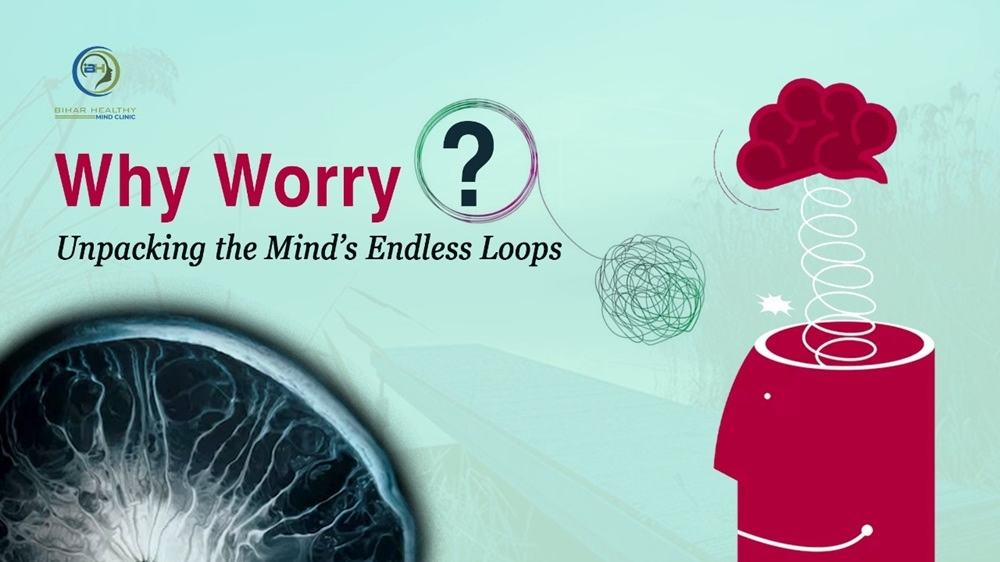

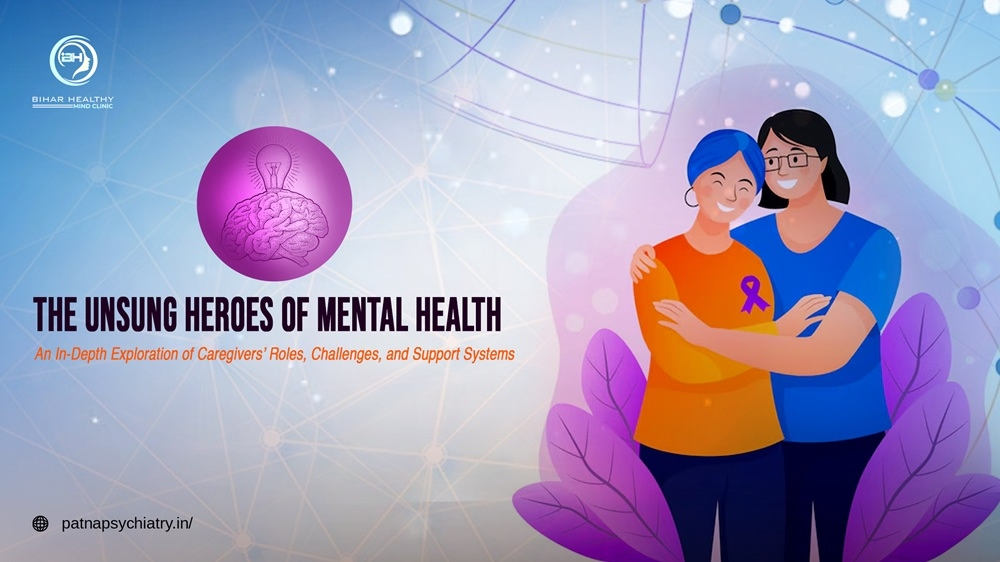
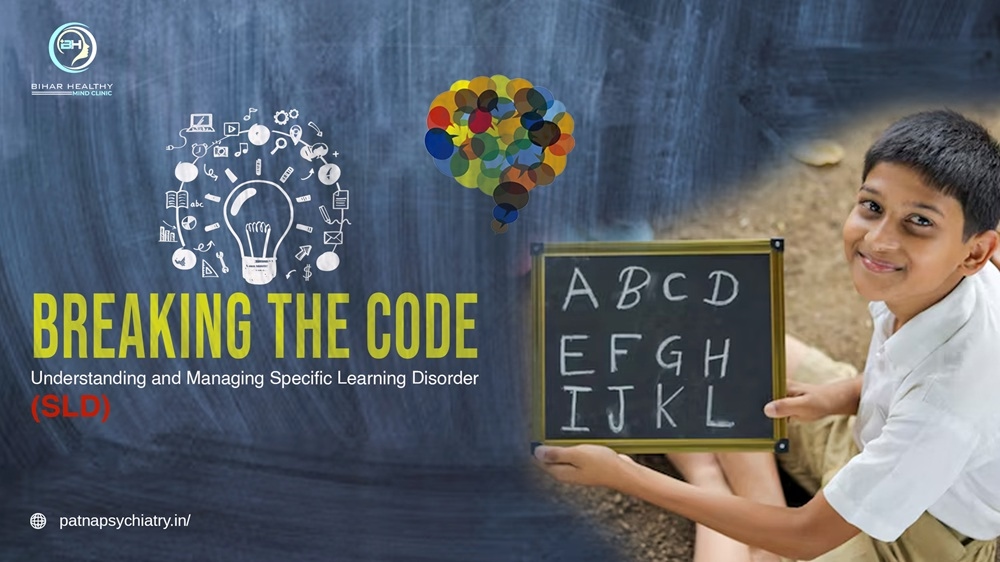
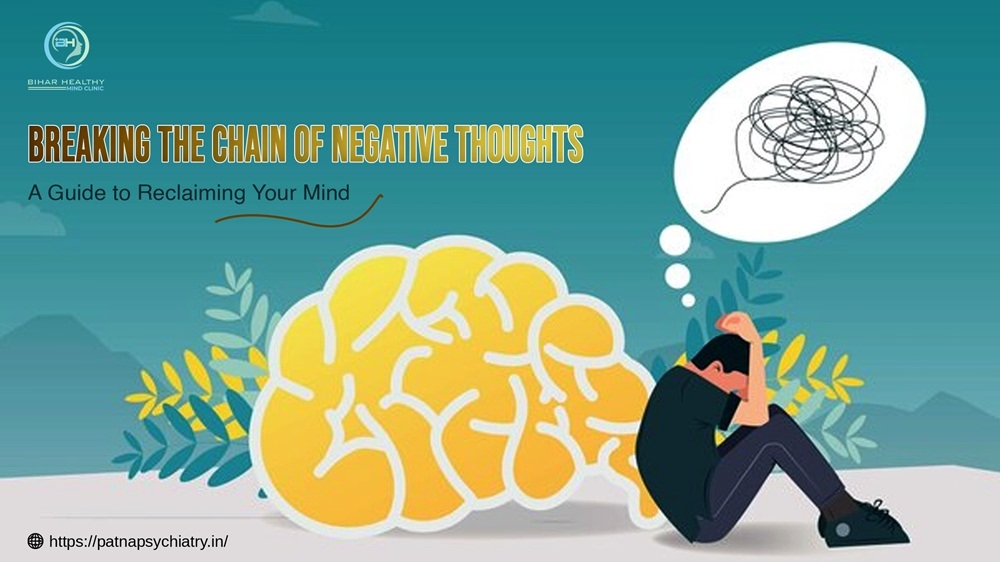
No comments yet. Be the first to comment!